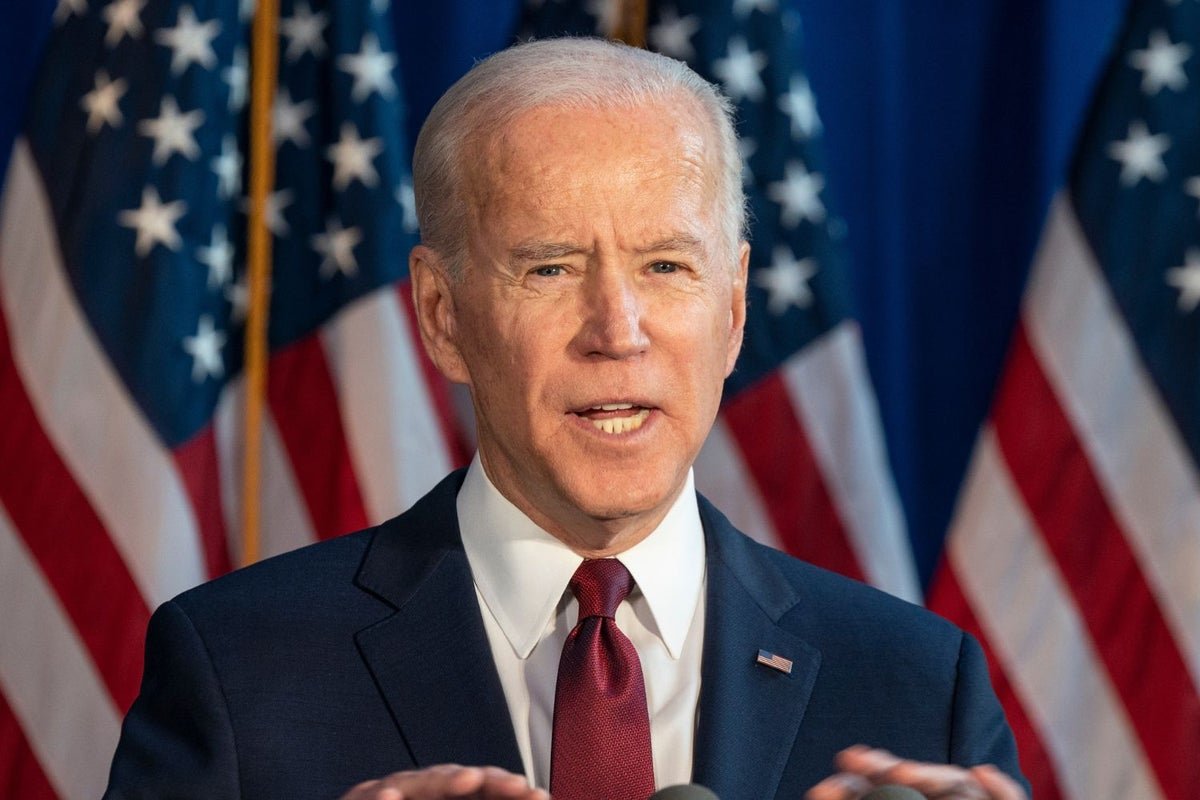In a surprising turn of events, asset management firm Fidelity has revealed a significant decline in the value of X, formerly known as Twitter, since Elon Musk took over in October 2022. According to Fidelity, the value of X has plummeted by over 71% following Musk’s acquisition.
Musk acquired the social media company for a whopping $44 billion in 2022. However, Fidelity, which holds an equity stake in X, has been steadily reducing the value of its stake since Musk’s takeover. In May 2023, Fidelity valued X at only around $15 billion, a mere one-third of its purchase price.
The year 2023 was a turbulent one for X, especially in terms of its relationships with advertisers. Several companies, including Walt Disney Co and IBM, pulled their ads from X after a controversial post from Musk. Despite issuing an apology, Musk also criticized the advertisers for their boycotts.
During an interview in November 2023, Musk acknowledged that the ad boycott could potentially “kill the company.”
The downfall of X began with Musk’s endorsement of an antisemitic post, which led to major advertisers such as Disney and Warner Bros. Discovery Inc pausing their campaigns on the platform. Even before this incident, Musk unintentionally admitted that X’s value had dropped by 90% during a rant against the Jewish-led civil rights organization Anti-Defamation League (ADL).
This decline in value is significant and raises concerns about the future of X under Musk’s leadership. It remains to be seen how the company will recover from this setback and regain the trust of both advertisers and investors.
The impact of this revelation goes beyond just X as it highlights the potential risks and challenges that come with high-profile acquisitions. It serves as a reminder that even visionary leaders like Elon Musk are not immune to controversies and their consequences.
It is important for companies and investors to carefully evaluate the long-term implications of such acquisitions and consider the potential risks involved. This case serves as a cautionary tale for both corporate leaders and investors alike.
Disclaimer: This article is generated by the GPT-4-based Benzinga Neuro content generation system and has been edited by Kaustubh Bagalkote. The system utilizes the extensive Benzinga Ecosystem, including native data, APIs, and more to create comprehensive and timely stories. For more information, please visit the Benzinga Neuro page.





